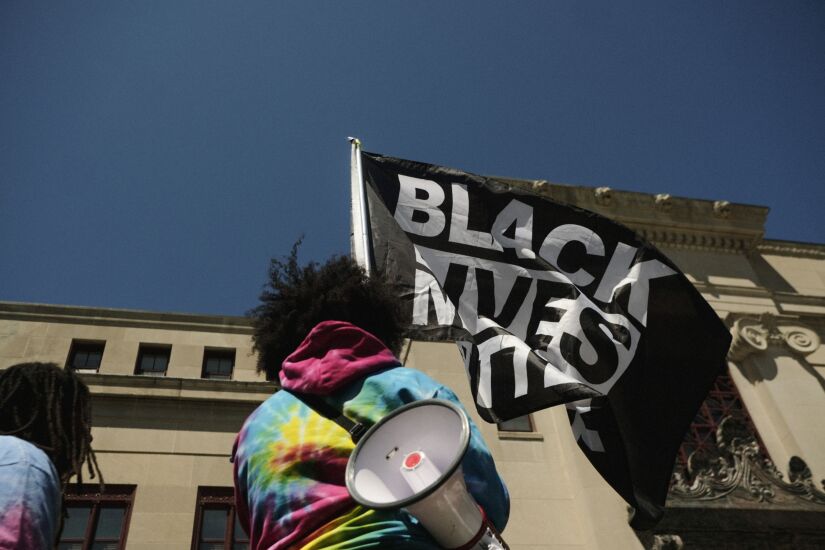When discussing diversity in wealth management, Barbara Bilello said she speaks as plainly as possible about the progress being made by the industry that she loves and has dedicated nearly three decades of her life to.
"Wealth management has a lot of work to do," Bilello, a

"Part of the issue with wealth management is that there is a very clear absence of women financial advisors. There is an absence or a void of (diverse) portfolio managers. And the reality is that when I think about what we can be doing better, we've got to get folks a little bit more invested and aware about this profession … which I adore," she said. "Just 16% or 17% of wealth advisors across the country are women, and I'll bet you dollars to doughnuts it's a fraction of a fraction of that for LGBTQ, which is a community I am a member of."
Amid the tall task of achieving true equity in wealth management, a deep passion for the industry and its ability to change lives for the better drives Bilello forward. She believes that the continued exchange of "non-traditional" experiences has the power to normalize all experiences, opening the door for more people to get the financial guidance they need while growing the business in the process.
"The lens I look through is more of a kaleidoscope. It is a very colorful, dimensional experience for me because I've been through different things and I've had different experiences as an individual in financial services," she said. "I've had to see the world a little bit differently."
The second annual DEI study from Financial Planning parent company Arizent explores the state of inclusion across industries, the impact a dedicated DEI strategy can have on business and how leaders in financial services can continue to champion diversity.
The goal of the research is to understand how diverse groups experience their workplaces, and how the different approaches to addressing diversity, equity and inclusion are affecting employees. The insights gathered and shared in Arizent's 2022 report aim to bring data points to DEI metrics not easily quantifiable and identify areas that need the most improvement.
It's those harder-to-track points that make a world of difference for Jesse Wideman, Jr., a

It's those issues that get to the heart of the more covert, passive-aggressive negativity that underrepresented groups experience in professional settings — interactions that may seem harmless to some, but have the power to completely derail others.
Wideman adds that even as the headcounts improve, there still needs to be an understanding that each person within a specific demographic is unique. One-size-fits-all fixes won't stand the test of time.
"At the end of the day, it's hard to say we're going to promote a healthy work environment for someone who is white versus someone who is Asian or someone who is African-American or someone who is Hispanic. Because that looks different for each and every person," he said. "It starts with asking, 'who's in charge? Who is influencing the culture?'
"I think it's understanding what healthy looks like for everyone and saying, how do we want to support it? And are we going to make a conscious effort to do so at the end of the day?"
Arizent's online survey, conducted in July 2022, polled 771 respondents across the wealth management, banking, accounting and insurance sectors. It included employees from both small and large companies, varying age demographics as well as from various positions, ranging from non-management roles to executives.
Here are seven wealth management takeaways from the research's findings. The














